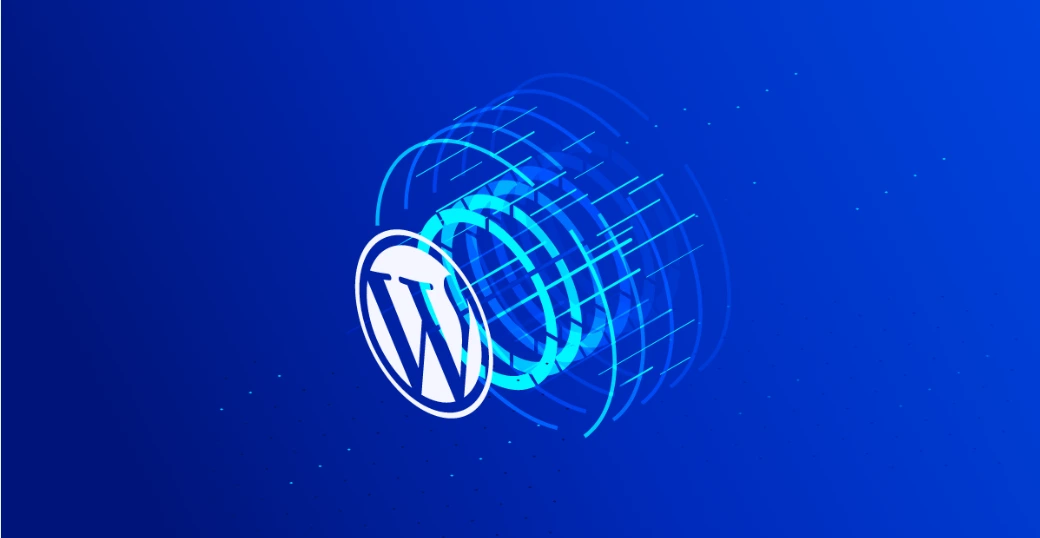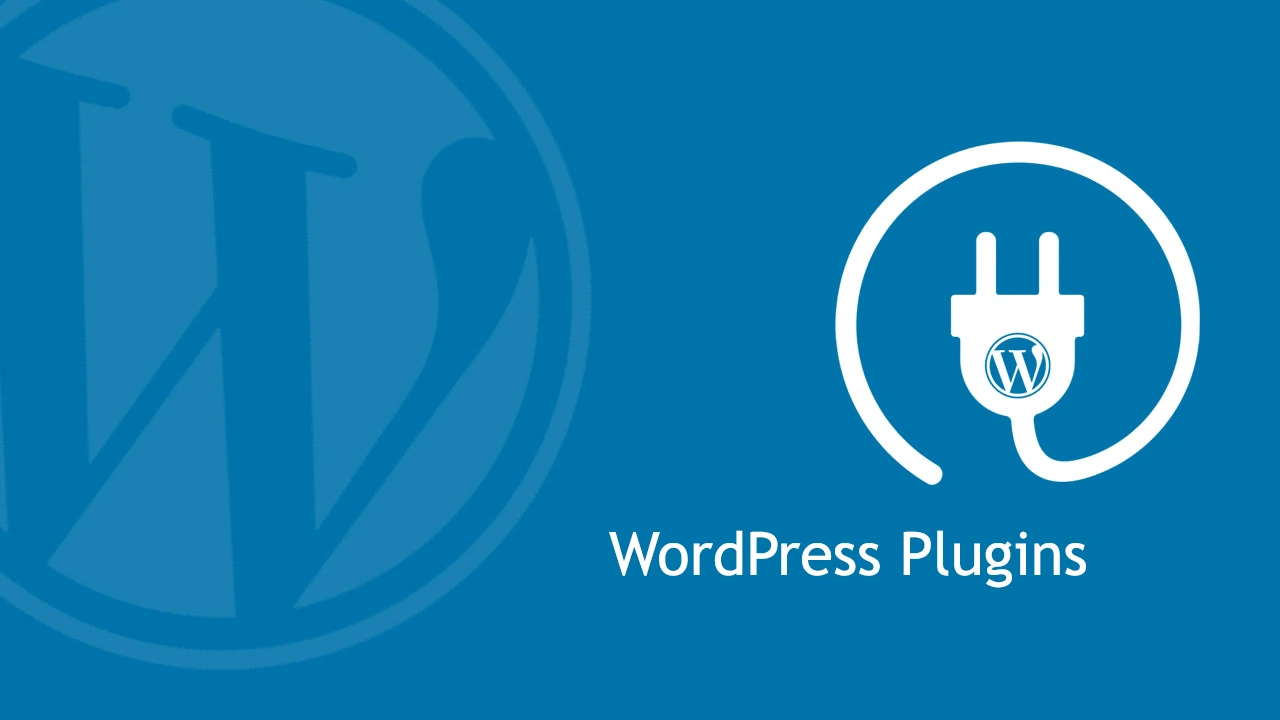In the fast-paced digital landscape, website performance plays a crucial role in user experience and search engine rankings. For WordPress users, optimizing performance is a key factor in ensuring a smooth and efficient website. In this comprehensive guide, we’ll explore various strategies and tips to optimize your WordPress site for top-notch performance.
Understanding the Importance of Performance Optimization
High-performing websites not only provide a better user experience but also rank higher in search engine results. Google considers page speed as a ranking factor, making it imperative for website owners to prioritize performance optimization. Faster websites lead to lower bounce rates, higher user engagement, and increased conversions.
Key Areas of Optimization
- Image Optimization: Images are often the largest elements on a webpage. Learn how to compress images without compromising quality, implement lazy loading, and utilize responsive images for an optimized viewing experience.
- Caching Strategies: Explore the world of caching to reduce server load and enhance page load times. Delve into browser caching, server-side caching, and plugins that can significantly boost your WordPress site’s performance.
- Database Cleanup: Over time, the WordPress database can accumulate unnecessary data. Discover how to clean up your database, optimize tables, and schedule regular maintenance to keep your site running smoothly.
- Content Delivery Network (CDN): Implementing a CDN distributes your website’s static content across multiple servers worldwide, reducing latency and accelerating page load times. Learn how to integrate and configure a CDN for optimal results.
- Minification and Concatenation: Minifying and concatenating CSS and JavaScript files can reduce the number of server requests, resulting in faster page loading. Uncover tools and plugins that automate this process for improved performance.
Best Practices for WordPress Performance
- Regular Updates: Keeping your WordPress core, themes, and plugins updated is crucial for security and performance. Learn the importance of staying current and how to safely update your website.
- Optimized Hosting: Your choice of hosting provider and plan can significantly impact your website’s performance. Explore factors to consider when selecting a hosting solution that aligns with your site’s requirements.
- Mobile Optimization: With the majority of internet users accessing websites via mobile devices, mobile optimization is non-negotiable. Discover responsive design principles and techniques to ensure your site performs seamlessly on all devices.
Optimizing your WordPress site’s performance is an ongoing process that requires attention to various factors. By implementing the strategies and best practices outlined in this comprehensive guide, you’ll not only enhance user experience but also improve your site’s search engine rankings. Stay ahead of the competition by making performance optimization a priority in your WordPress journey.



